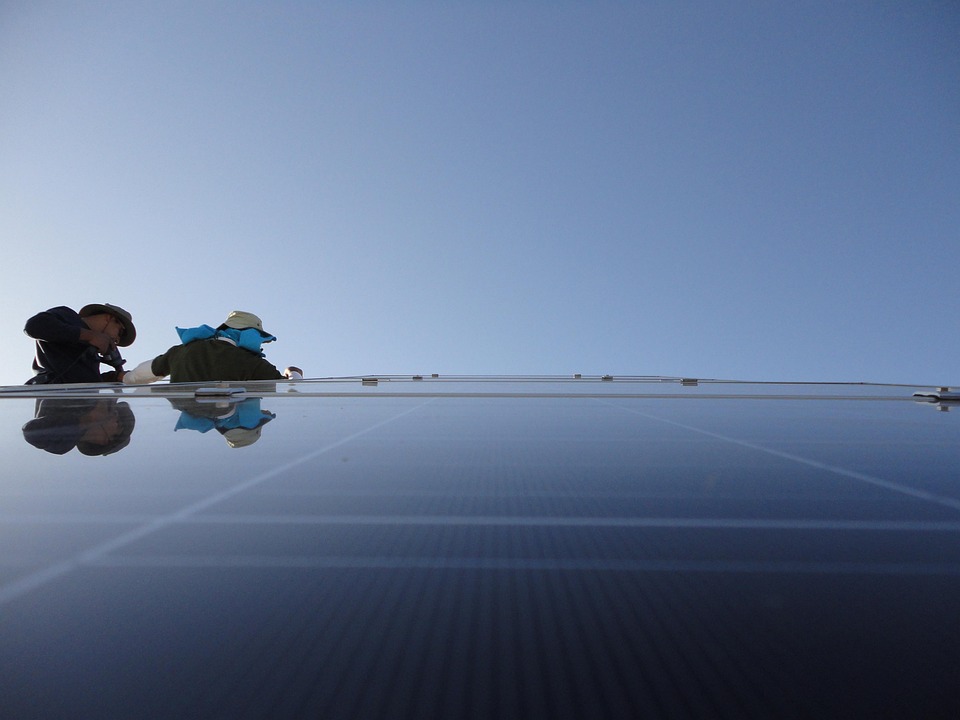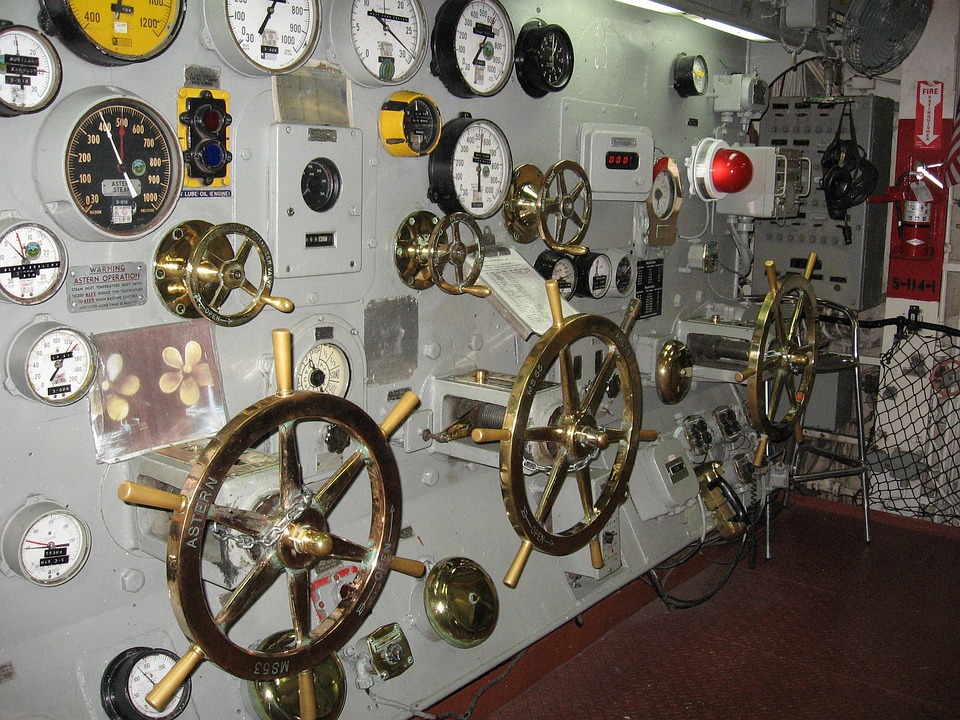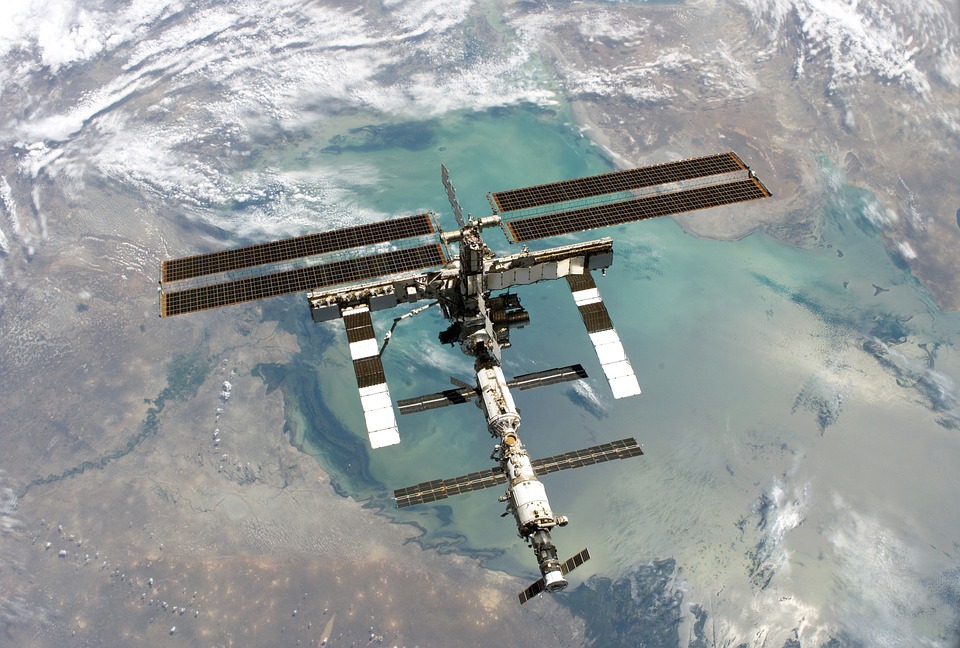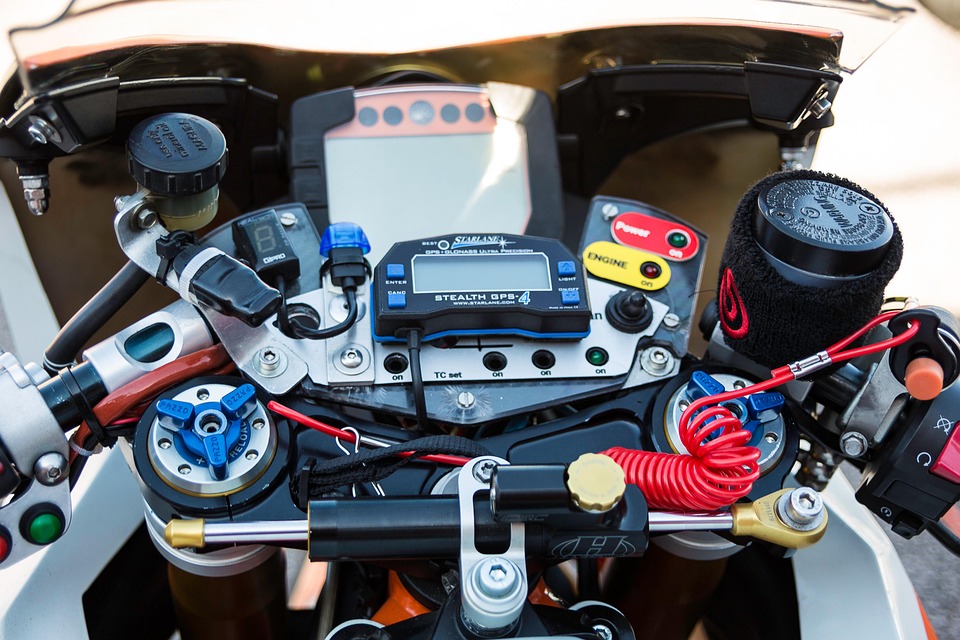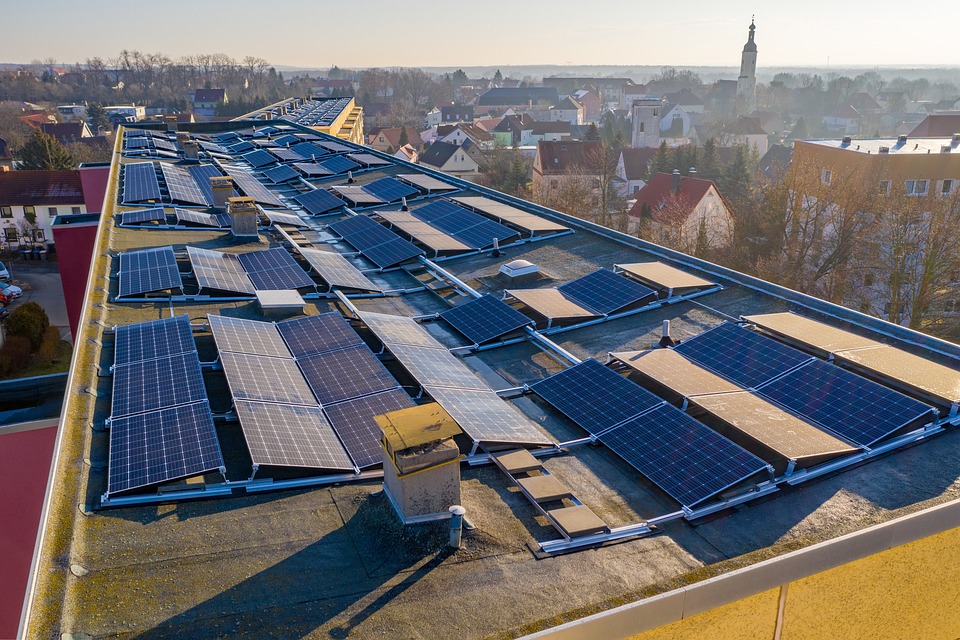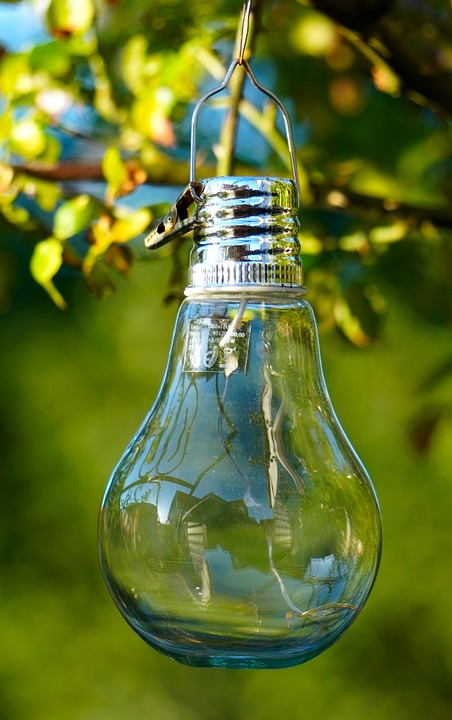**Solar Power Myths Debunked: What You Really Need to Know**
### Solar Power Myths Debunked: What You Really Need to Know Picture this: it’s a bright sunny day, and you step out into your yard, the chirping of birds harmonizing with the soft rustling of leaves. You bask in the sunshine, feeling invigorated and connected to nature. Now, imagine harnessing that very same sunshine to power your home. Sounds like a dream, right? Well, it’s a reality for many people, yet misinformation still clouds the conversation around solar energy. Let’s dive in and debunk some of these common solar power myths so you can enjoy the sun’s benefits without the shadows of misconceptions! #### Myth 1: Solar Power is Too Expensive One of the biggest misconceptions about solar power is that it’s an expensive investment meant only for the wealthy. In reality, the cost of solar technology has plummeted over the past decade, making it accessible to a wider audience than ever before. Federal tax incentives, state rebates, and various financing options like solar loans and leases can significantly reduce the initial capital required to install solar panels. In many areas, homeowners can recoup their investment in as few as 5–7 years through energy savings alone! Plus, once your system is paid off, the electricity generated is essentially free, leading to substantial long-term savings. Many families find their energy bills dramatically reduced or even eliminated entirely. #### Myth 2: Solar Panels Are Ineffective in Cloudy Weather It’s a commonly held belief that cloudy or rainy days render solar panels useless. However, let’s set the record straight: solar panels can still generate electricity even under overcast skies! While it’s true that they are most efficient in direct sunlight, they can still capture diffuse sunlight—about 20-30% of their optimal output. Moreover, modern solar panels are designed to optimize performance in various conditions, including shaded environments. So don’t let a few clouds deter you from considering solar energy; your system will still be working, albeit at a slightly lower capacity. #### Myth 3: Solar Energy is Only Viable in Sunny Locations You might be surprised to learn that solar energy isn’t restricted to sunny locales. Although regions like Arizona and California are indeed solar power champions, many northern states are also seeing significant benefits from solar technology. In fact, places like Germany and Canada have invested heavily in solar power, proving that sunny weather isn’t a prerequisite for solar viability. Solar panels work efficiently in temperatures as low as -20°F and can even capture sunlight in areas with substantial seasonal cloud cover. The key to success lies in proper placement and installation, ensuring maximum exposure to whatever sunlight is available. #### Myth 4: Solar Panel Maintenance is a Hassle Many people embark on their solar journey with the misconception that upkeep will be as burdensome as it is for their traditional energy sources. In reality, maintaining solar panels is relatively straightforward. Most systems require little to no maintenance. A quick rinse with water can clear off dust and debris, and annual inspections can ensure everything is functioning correctly. Not to mention, many manufacturers offer warranties that cover maintenance and replacement parts. If you’re still concerned, consider working with a local solar installation company that can provide ongoing service plans, ensuring your system remains in optimal condition without you lifting a finger! #### Myth 5: Solar Energy Doesn’t Make a Significant Impact on the Environment Some skeptics argue that the environmental impact of solar panels outweighs their benefits, citing the energy and resources required for manufacturing and disposing of panels. However, independent studies have shown that the carbon footprint of producing solar panels is vastly outweighed by the reduction in greenhouse gas emissions achieved over their lifetime. On average, a solar panel system offsets its carbon footprint within 2–4 years of operation. Given that most panels last 25 years or longer, they represent a net positive for the environment. Moreover, as technology advances, manufacturers are continuously looking for ways to minimize production waste and increase recyclability, benefiting both nature and your conscience! #### Myth 6: Solar Power is Not Reliable Another common myth is that solar energy is unreliable and can’t be counted on for everyday energy needs. This stems mainly from outdated information about early solar technology, which were sometimes inconsistent. Today’s solar systems are integrated with robust battery storage solutions that store excess energy for use during the night or on overcast days. Moreover, many utilities offer net metering, which allows homeowners to sell excess energy back to the grid. This means you can draw upon the grid when your system isn’t producing enough power, ensuring your energy supply remains steady regardless of weather conditions. ### Pro Tips for Embracing Solar Power 1. **Know Your Needs**: Assess your household energy consumption and research what size solar system would be the best fit for your needs to maximize efficiency and savings. 2. **Seek Multiple Quotes**: Don’t settle for the first installation quote you receive. Shop around and compare offers from various contractors—it could save you a significant amount on your installation costs. 3. **Explore Local Incentives**: Research any state or local financial incentives available to you. Many areas offer rebates, tax credits, and grants that can further reduce installation costs. 4. **Opt for Quality Products**: Choose high-quality solar panels with strong warranties. It’s generally worth paying a bit more upfront for a reliable system that will last. 5. **Stay Informed**: Join local solar energy groups or online forums to keep abreast of updates, tips, and innovations in solar technology. ### Conclusion The myths surrounding solar power may have held sway in the past, but the realities of modern technology and shifting environmental perspectives debunk many of these misconceptions. By arming yourself with accurate information and understanding the numerous advantages solar energy offers, you can make an informed decision about embracing renewable energy. With solar power, you’re not just investing in your home; you’re paving the way for a more sustainable future for our planet. So why not bask in the sun and



